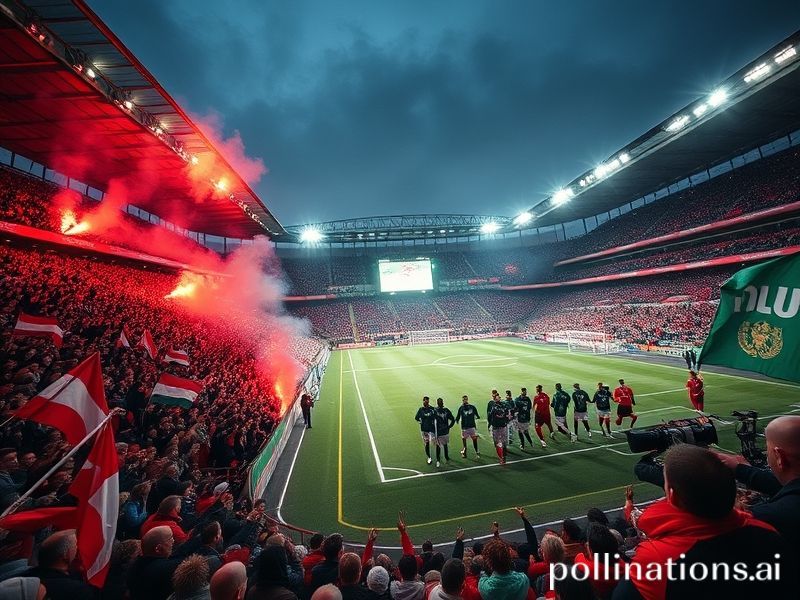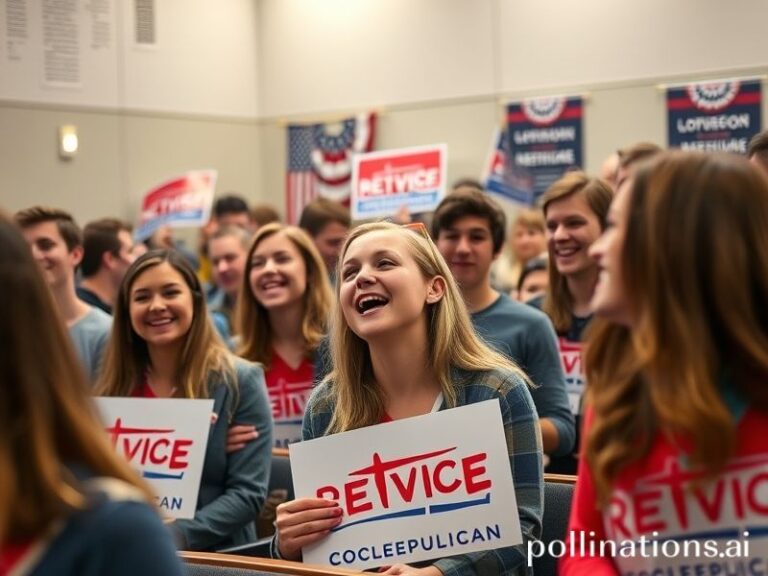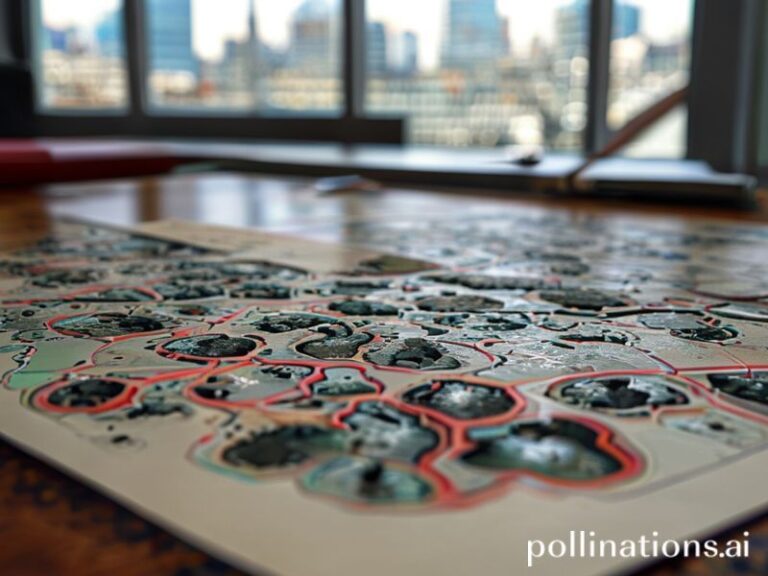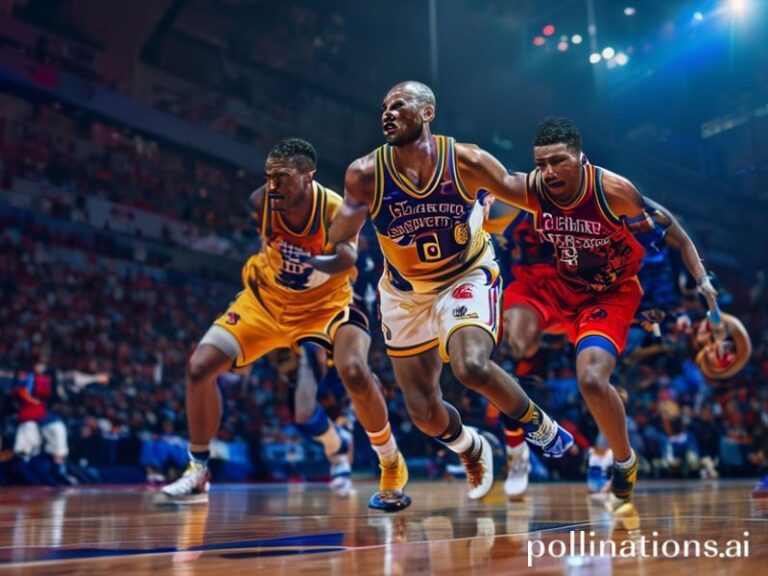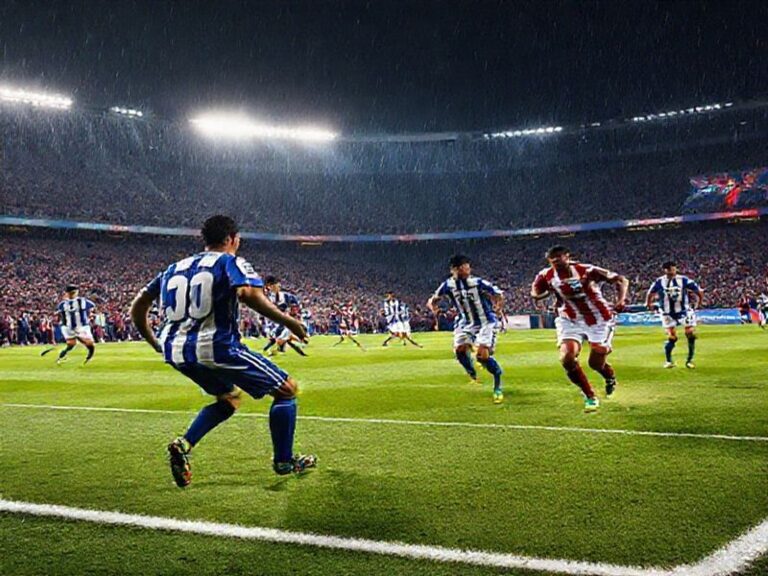Red Star vs Celtic: How a Balkan Night Match Quietly Shapes the Global Economy
Red Star, Green Money: A Balkan Derby With Global Side-Effects
By Dave’s Balkan Bureau (currently operating from a café whose Wi-Fi password is “NATO2000”)
Belgrade—When Crvena Zvezda and Celtic jog out onto Rajko Mitić Stadium tonight, the floodlights will illuminate more than just twenty-two footballers in various states of hair-gel. They will spotlight two competing business models that have quietly colonised sport the way crypto colonised your cousin: Serbian romanticism versus Scottish leveraged buy-outs, wrapped in a Champions League qualifier that could decide whether either club can still afford electricity next year.
Let’s zoom out, shall we?
In macro terms, this is a proxy war between the EU’s eastern periphery and a post-Brexit island desperately clinging to relevance by exporting red-haired passion at 4K resolution. Crvena Zvezda—literal translation: Red Star, metaphorical translation: “We still remember 1991, thanks”—operate on the classic Balkan budget of loose change, diaspora tears, and the occasional oligarch who needs a tax write-off before fleeing to Dubai. Celtic, meanwhile, are a publicly traded institution whose balance sheet is healthier than the average Glaswegian’s liver, thanks to a global fanbase that buys retro shirts faster than the club can stage nostalgic European runs.
The football itself? A subplot. What matters is the soft-power ledger. Every Serbian kid streaming the match on a cracked Android phone is a data point for Beijing’s next infrastructure loan. Every Celtic supporter singing about the 1967 Lisbon Lions in a Melbourne bar is an unpaid lobbyist for whisky exports. UEFA, ever the neutral broker, simply pockets the broadcast rights and pretends Financial Fair Play is still a thing—like pretending your ex still loves you because they haven’t blocked you on LinkedIn.
Geopolitically, the fixture is a masterclass in branding. Zvezda’s ultras, the Delije, choreograph tifos that look like Hieronymus Bosch paintings commissioned by the Russian defence ministry—useful when Serbia’s EU accession talks need a nationalist pressure valve. Celtic’s Green Brigade answer with banners referencing Irish famine history, ensuring the club’s Twitter mentions remain a blood-pressure risk for British MPs with Scottish constituencies. It’s Hearts and Minds 2.0, except the hearts are literal flares and the minds are mostly concussed.
The stakes are absurdly high for a game that, on paper, is merely Step Two toward the group-stage lucre. Win, and Zvezda’s accountants can postpone creative bookkeeping until at least December. Lose, and the club will sell another wonderkid to Brentford for the price of a midrange Tesla. Celtic’s calculus is even more brutally simple: reach the Champions League and the board can green-light the hotel-and-museum complex that will finally let tourists sleep inside a giant Celtic crest; fail, and they’ll have to explain to shareholders why they’re still pretending the Europa Conference League is a growth market.
Yet the true spectacle is the global audience’s cognitive dissonance. In Lagos, a betting syndicate plots Asian handicap angles based on Serbian defensive frailty. In Shanghai, a streaming platform counts illegal pop-ups as “engagement.” In Washington, an intern at the State Department wonders if chanting “Ooh ah up the ‘RA” qualifies as material support under counter-terror guidelines. Everyone profits except the players, who will wake up tomorrow with knees that sound like bubble wrap and contracts that expire if they sneeze wrong.
Final whistle prediction? Irrelevant. The real scoreline will be tallied in spreadsheets: shirt sales in Toronto, crypto-sponsorship impressions in Tallinn, political capital in Belgrade pubs and Glasgow council estates. One club will advance; both will claim moral victory; UEFA will bank the difference; and by Thursday we’ll all be arguing about VAR again, as though video replay could ever adjudicate the ancient human impulse to weaponise tribal loyalty.
Until then, pour something strong—preferably rakija or Buckfast—and enjoy the fireworks. Just remember: every flare that arcs over the Marakana is a tiny meteor burning up in the atmosphere of late-stage capitalism. Romantic, toxic, and ultimately disposable.
That, comrades, is what we call a beautiful game.

